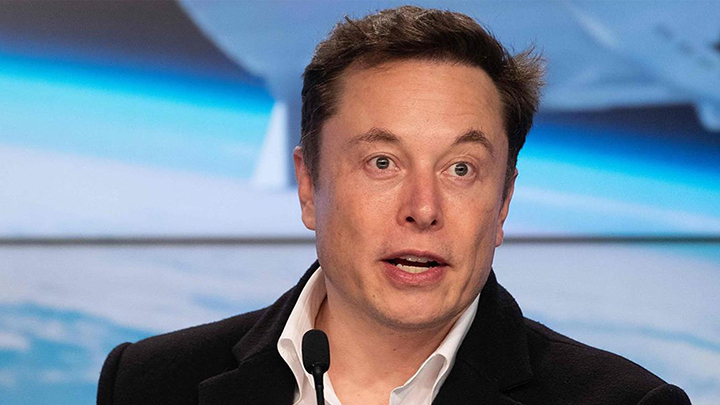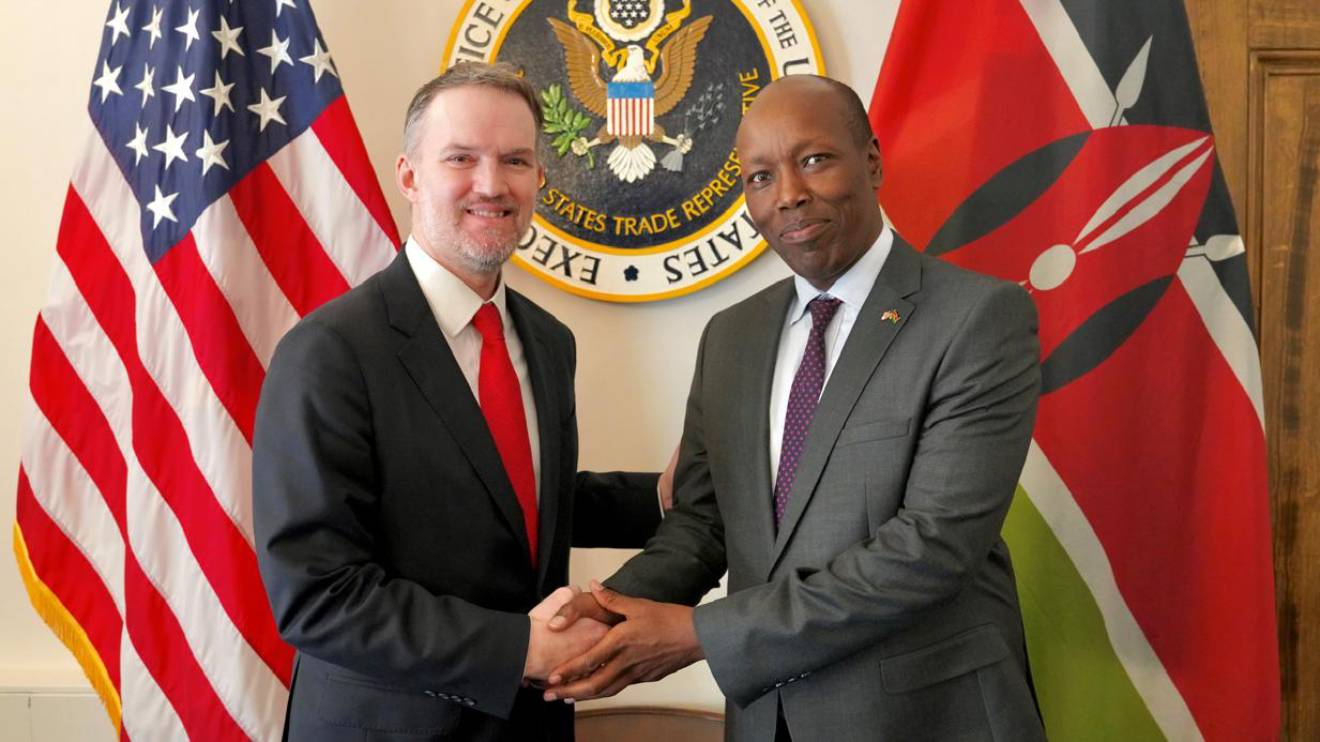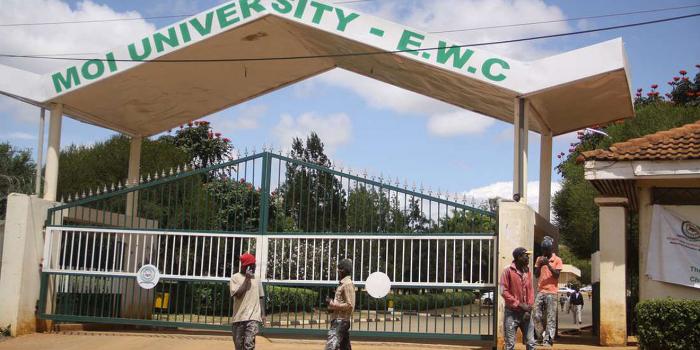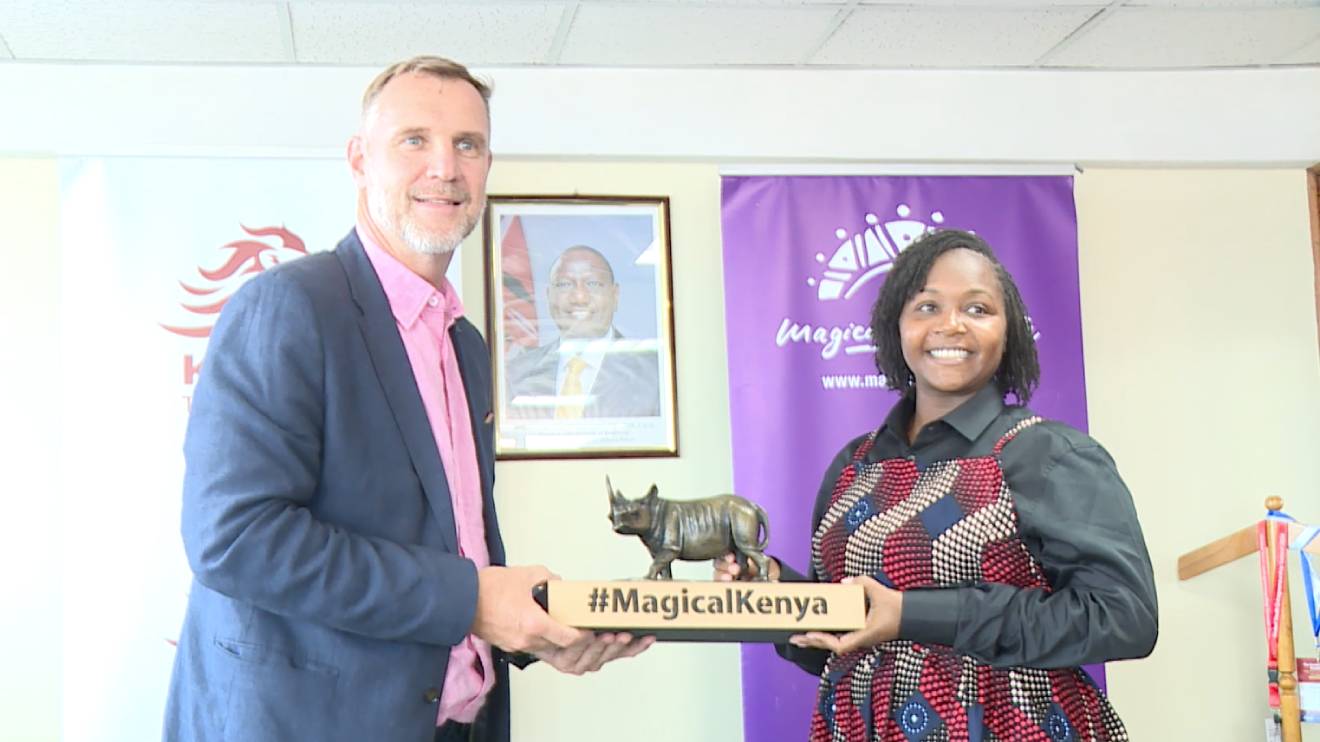Elon Musk’s Department of Government Efficiency (DOGE) has recently annulled significant contracts in Kenya, totalling over Sh10 billion.
These cancellations are part of a broader strategy to streamline U.S. government spending, resulting in substantial implications for Kenya's development projects.
According to the agency, the decision to cancel contracts was consistent with its mandate to eliminate unnecessary expenditures.
"Agencies cancelled 47 wasteful contracts today with an $87.5M ceiling value and $30.2M in savings, including a $3.4M US Department of State management consulting contract for aviation advisors in Kenya," DOGE said in a statement.
Among the most affected agreements is a contract with the U.S. Agency for International Development (USAID), which had allocated $140,000 to assess and improve primary education in Kenya.
Read More
This funding was intended to support efforts aimed at evaluating the quality of primary education across the country, ensuring improvements in an essential sector for Kenya’s future.
As part of the global cutbacks, this initiative has now been canceled, leaving the progress of educational reforms in question.
In addition, a $3.4 million contract with the U.S. State Department for aviation consulting services has also been terminated.
This contract aimed to provide expertise in strengthening Kenya’s aviation sector, an area crucial to the country's economic development, especially considering Kenya’s role as a hub for regional air travel in Africa.
The cancellation of this funding now poses challenges to ongoing and future aviation infrastructure projects, which were set to enhance safety, efficiency, and growth in the sector.
The impact of these cancellations cannot be overstated.
Kenya’s development initiatives, which heavily rely on international aid, now face significant setbacks.
The suspension of educational and aviation projects will likely cause delays, halting important reforms and advancements in these sectors.
Furthermore, local businesses and contractors who depend on these U.S.-backed projects are now facing economic uncertainty, with the potential for job losses and stalled projects.
The sudden and unilateral nature of these cancellations could also strain diplomatic relations between Kenya and the United States.
The lack of consultation before such drastic decisions has raised concerns about the reliability of U.S. foreign assistance, which many Kenyan development projects are built around.
There are now growing questions about the future stability of U.S.-Kenya partnerships, as the Kenyan government seeks alternative avenues for funding critical development goals.
Although there have been no specific public statements from Kenyan officials regarding the cancellations, it is clear that discussions between Kenyan and U.S. authorities will be necessary.
The Kenyan government is likely exploring new funding sources and partnerships to mitigate the disruptions caused by these cuts.
With ongoing legal challenges to DOGE's powers, the future of U.S. foreign aid remains uncertain, further complicating the situation for Kenya and other nations that rely on such assistance.
As the situation unfolds, it underscores the need for strong diplomatic engagement and the diversification of funding sources to ensure the continuity of vital development projects.
The next steps will be crucial in determining how Kenya navigates this sudden reduction in foreign aid and continues its pursuit of economic growth and development.









